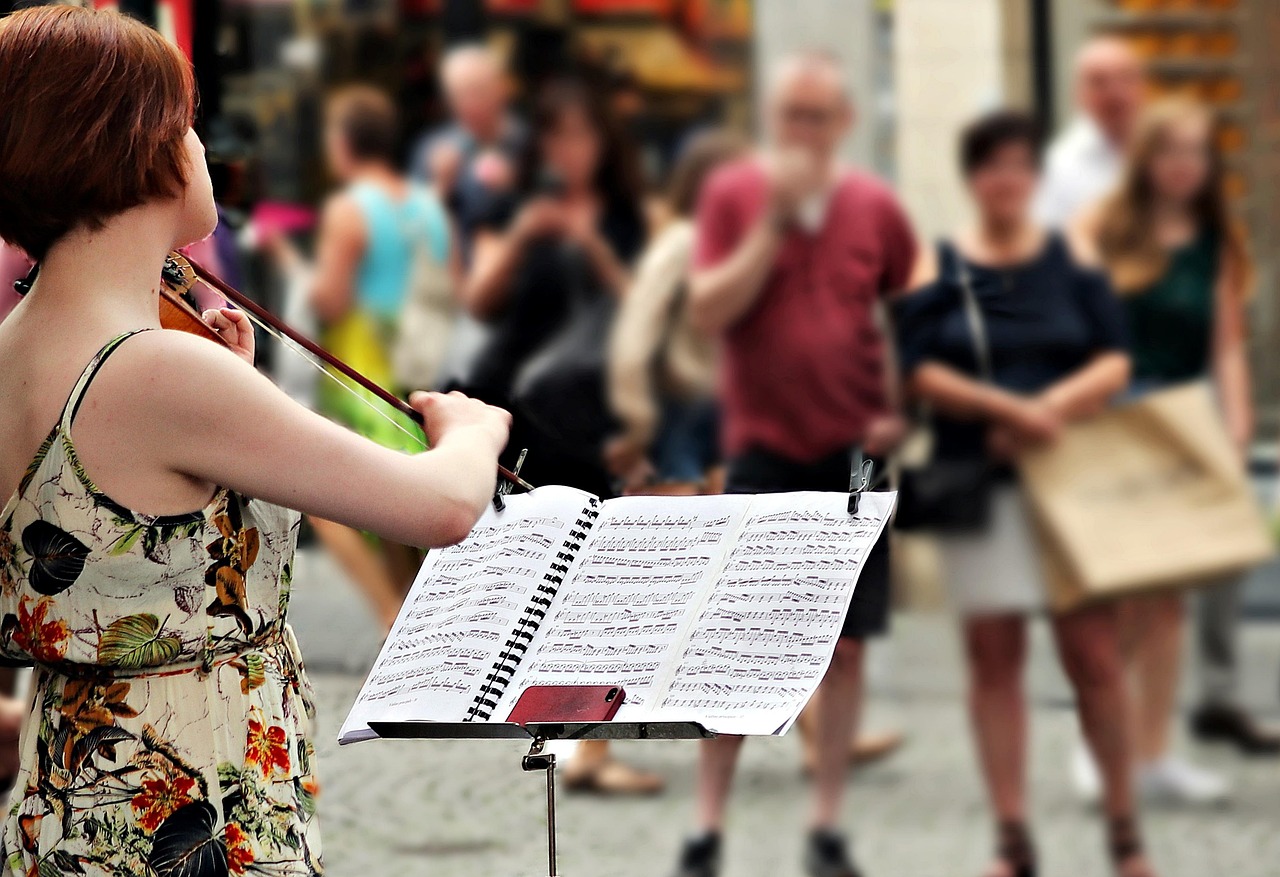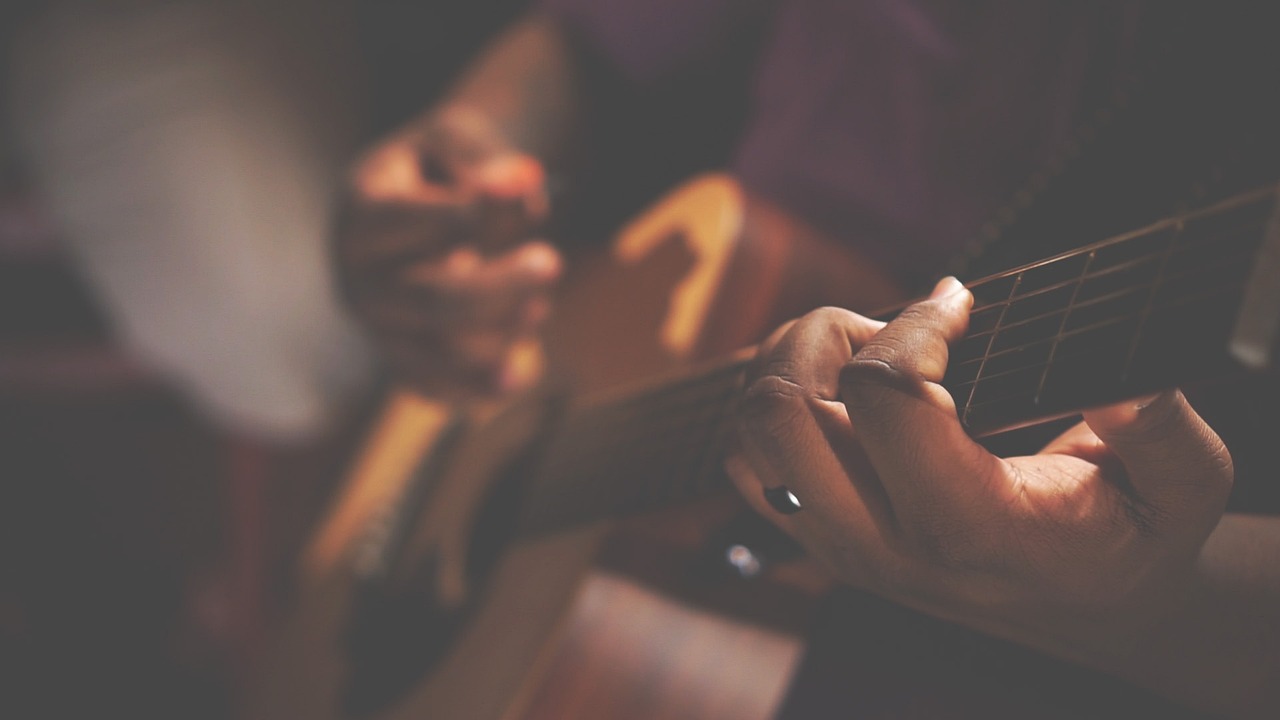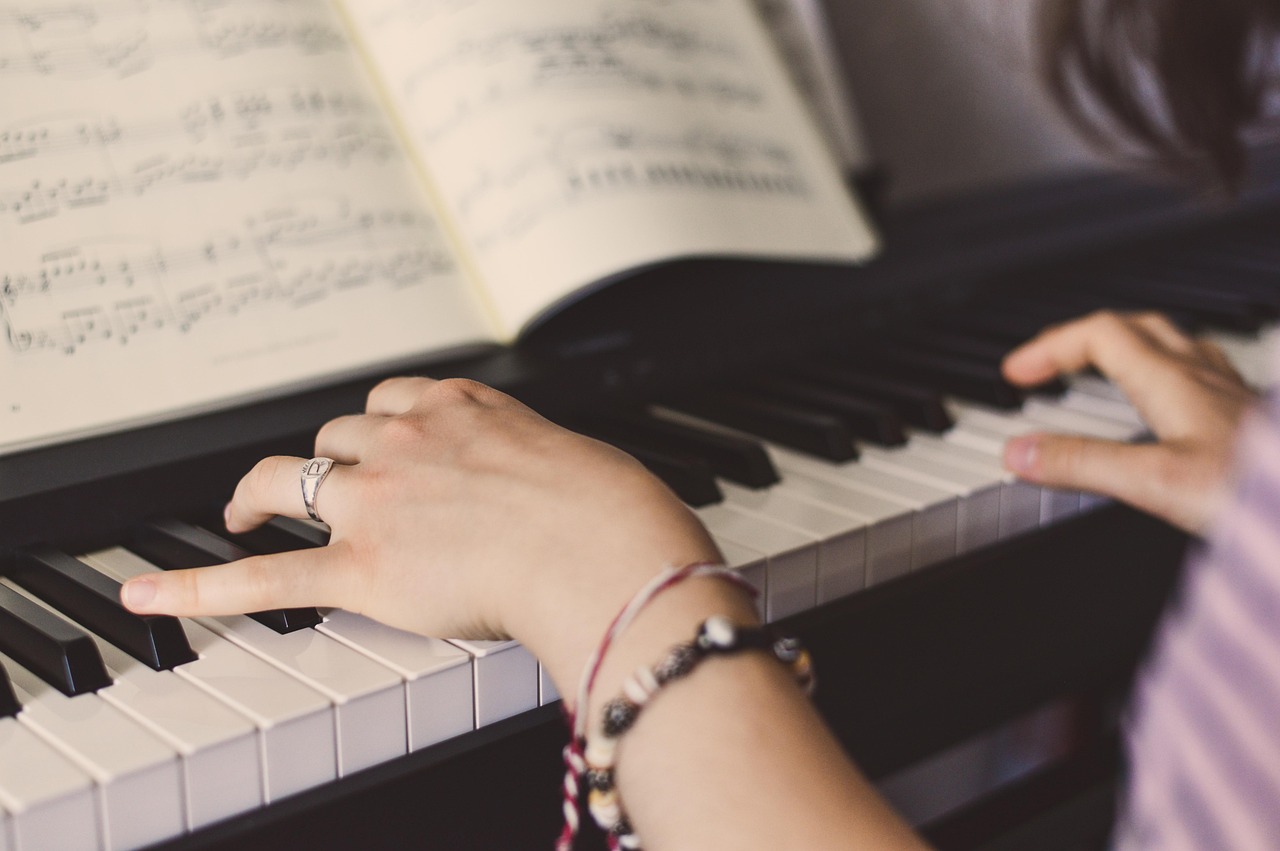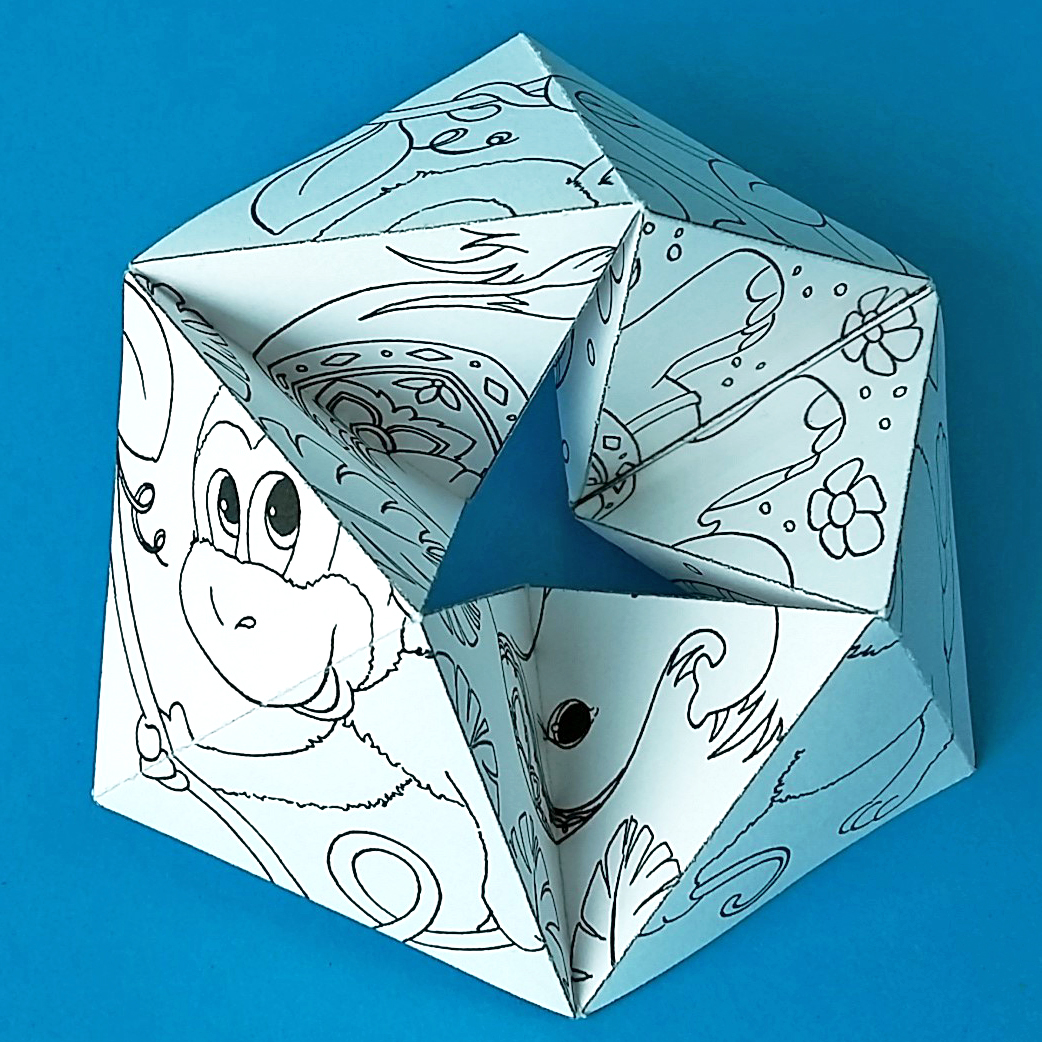The simple answer is yes — absolutely.
Anxiety and depression are becoming more common among teenagers, driven by academic pressure, social expectations, and overexposure to technology and social media. These factors often lead to social isolation, low self-esteem, and a rise in mental health issues.
Music as a Creative Outlet

Creativity plays a vital role in helping teens form their identities and process emotions. Music is one of the most powerful tools in this regard, both as a form of self-expression and as a therapeutic aid. It helps young people open their minds, develop new skills, and regulate their emotions.
What Is Music Therapy?
Music therapy is a professional form of treatment that addresses emotional, physical, cognitive, and social needs through music. According to the American Music Therapy Association, treatment can involve listening to, creating, or performing music. Though less widely known than traditional therapies like CBT, music therapy has been proven to support mental health, and many artists have spoken publicly about its impact.
There are two main types of music therapy:
- Receptive Music Therapy: Involves listening to music — either live or recorded — and responding through movement, discussion, or reflection. It can reduce stress and even lower cortisol levels.
- Active Music Therapy: Involves creating music — singing, writing lyrics, playing instruments, or improvising — to process and express feelings more directly.
Why Music Matters

Music affects the brain and body in unique ways. It can shift emotional states, regulate stress, and foster a sense of belonging. Music is a core part of cultural identity, and exposure to different genres helps adolescents shape their own self-image. For teens living in multicultural or foreign environments, music becomes a way to connect with their roots or explore new identities.
Common Music Therapy Techniques
Some popular techniques include:
- Playing hand percussion or other instruments
- Writing lyrics or composing songs
- Improvising melodies or rhythms
- Listening to music and discussing emotional responses
- Using music in guided relaxation or meditation
- Learning to play an instrument
- Moving or dancing to music
In daily life, many of us already practise a form of receptive music therapy; we choose music to match our mood and respond to it emotionally. For teens dealing with anxiety, music therapy can provide healthy tools for emotional regulation, helping them better manage challenging social situations.














